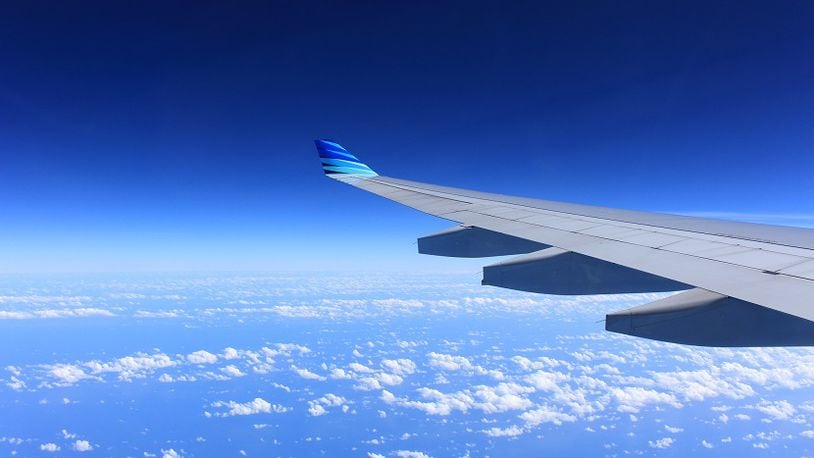» RELATED: Children find Spirit Airlines pilot, wife dead in apparent overdose
Federal Aviation Administration data show 38 pilots tested positive for one or more drugs in 2015, the most recent year available. The agency did not immediately release the number of total pilots tested, but provided positive test numbers for the latest six years available:
- 2010: 23 verified positive drug tests
- 2011: 28 verified positive drug tests
- 2012: 25 verified positive drug tests
- 2013: 24 verified positive drug tests
- 2014: 27 verified positive drug tests
- 2015: 38 verified positive drug tests
The tests screen for marijuana, cocaine, opiates, phencyclidine (PCP), and amphetamines.
» RELATED: Spirit Airlines pilot may not have been drug tested in years
Federal regulations require carriers to test 25 percent of “safety sensitive” employees in a given year.
In 2015, more than 1,500 drug tests were verified positive out of more than 218,000 tests on safety sensitive employees, which include pilots, mechanics, flight instructors, flight attendants, aircraft dispatchers, ground security coordinators, non-TSA aviation screeners, and non-FAA/military air traffic controllers.
» RELATED: FAA, Spirit Airlines ‘quickly’ learned of pilot’s death
“Overall, the number of positive tests is low considering the number of tests performed each year,” said Elizabeth Cory, an FAA spokeswoman.
A 2014 study from the National Transportation Safety Board examined trends in drug use by fatally injured pilots in commercial and general aviation between 1990 and 2012. None of the pilots in the study flying commercial air carrier operations had toxicology findings indicating use of illicit drugs.
Spirit Airlines has not said if the company tested Halye in the nine years he was employed at the ultra-low fare carrier, though the company said it followed federal regulations.
About the Author
